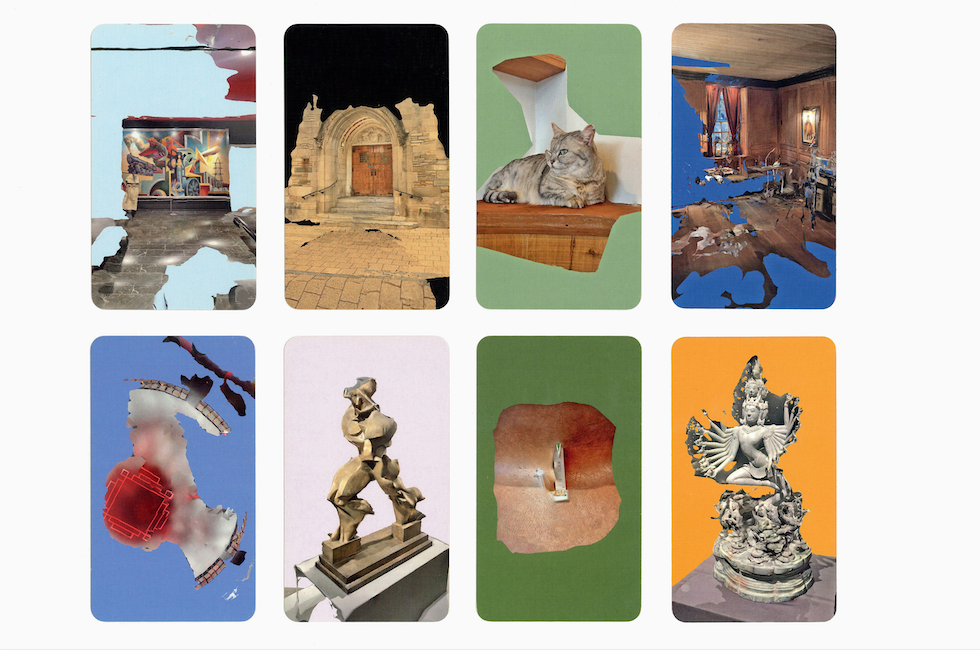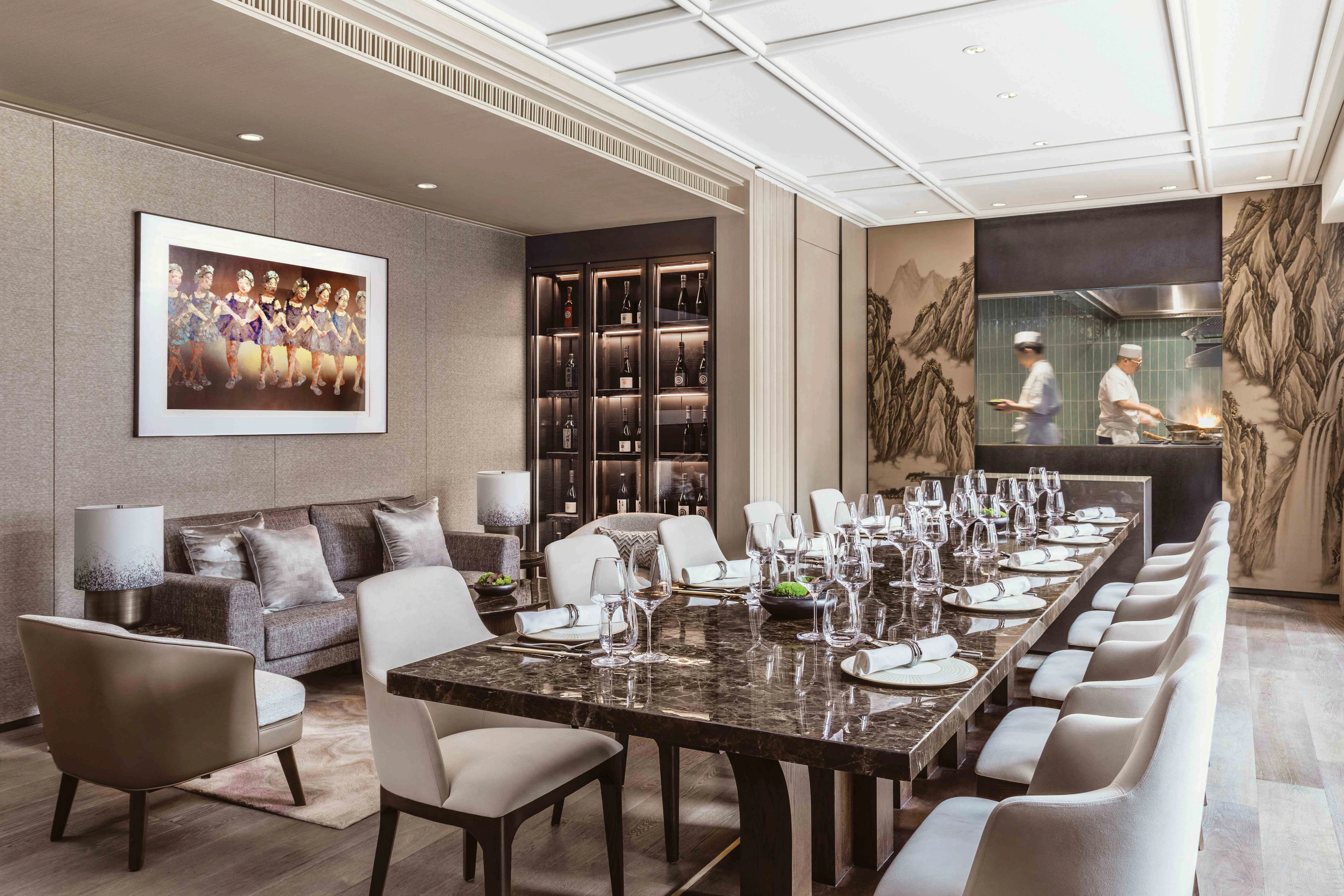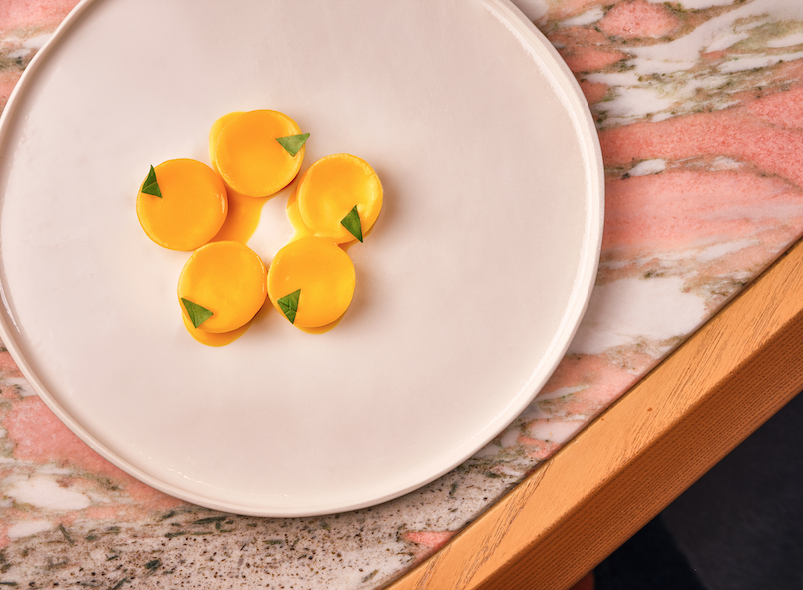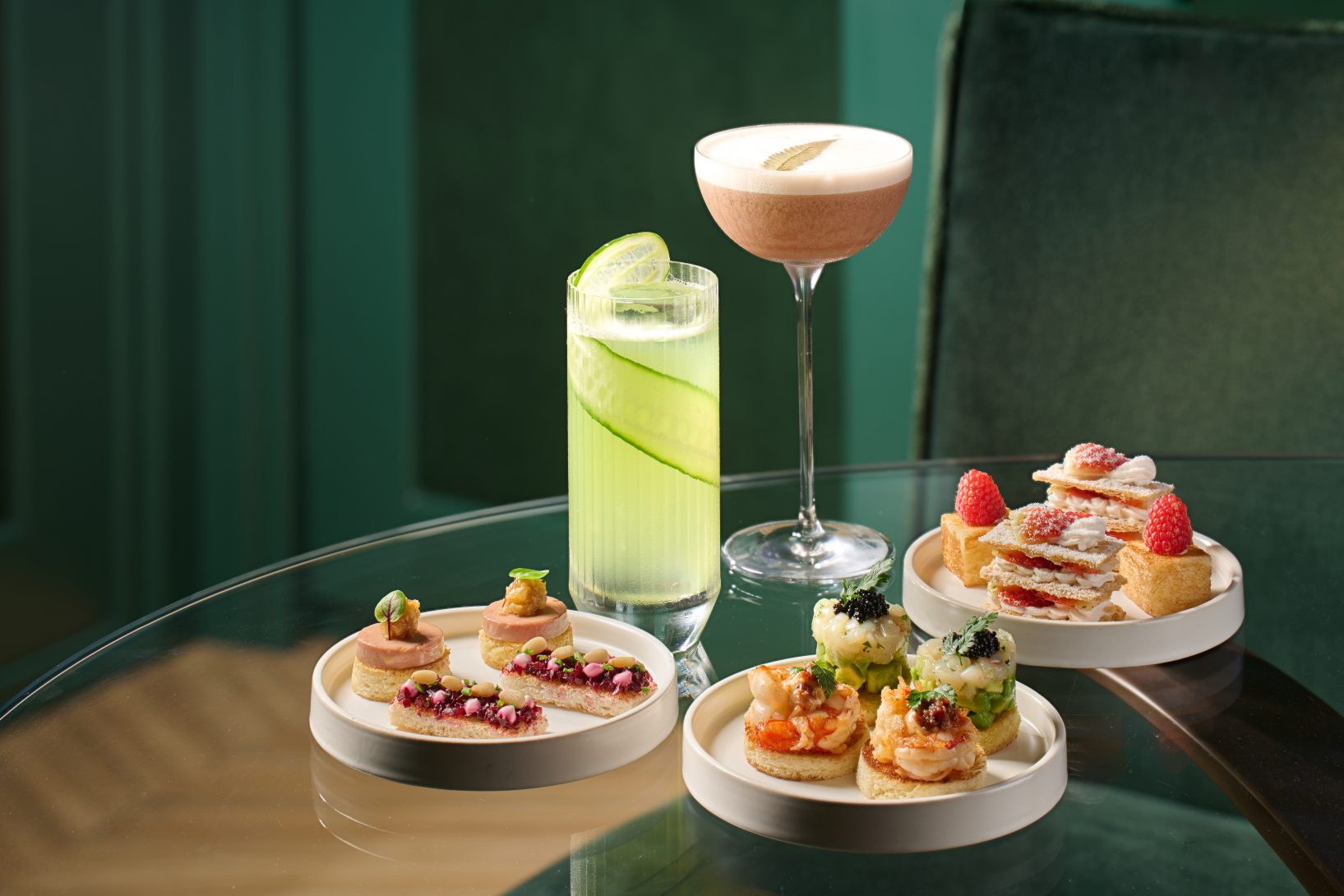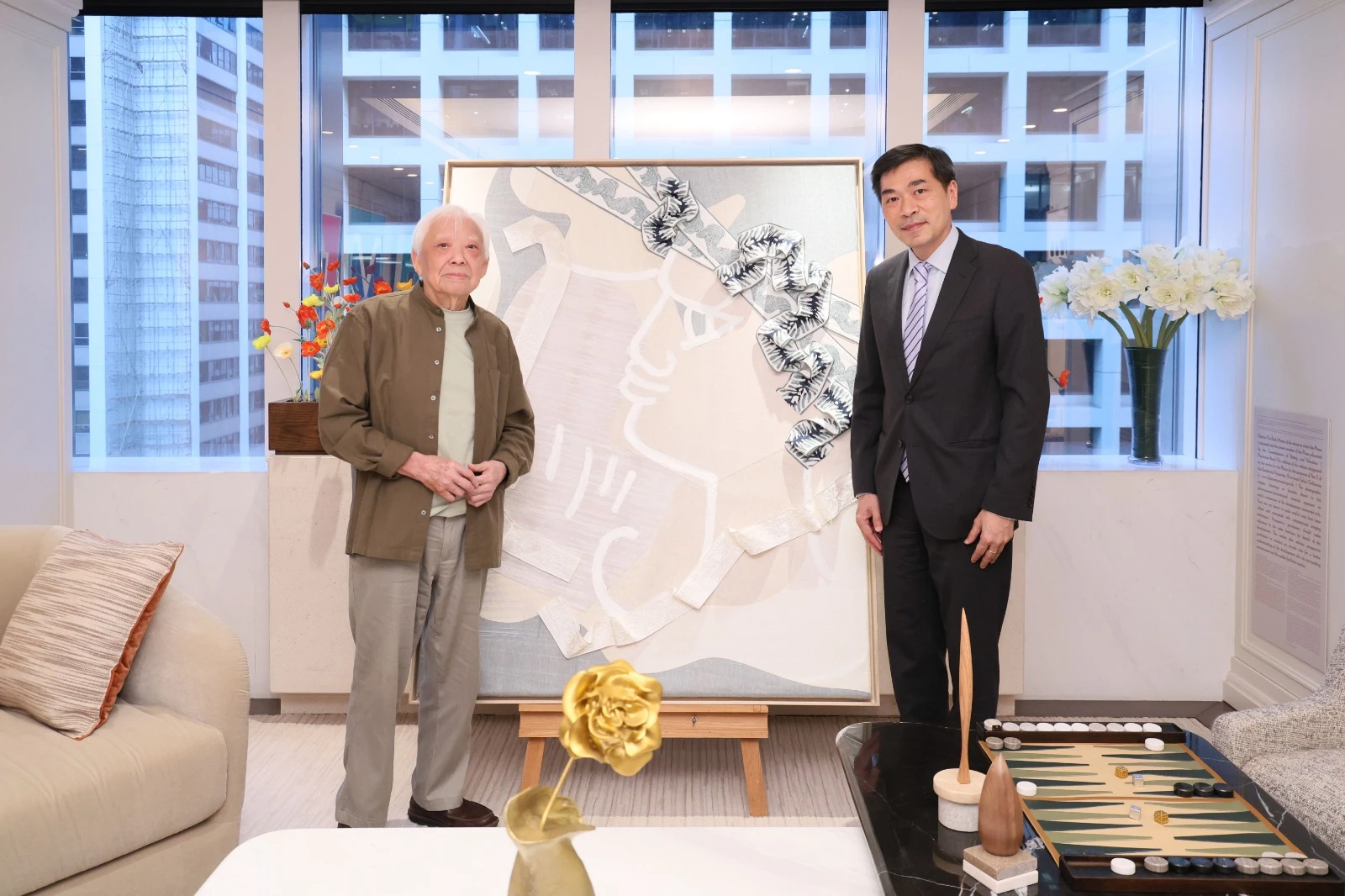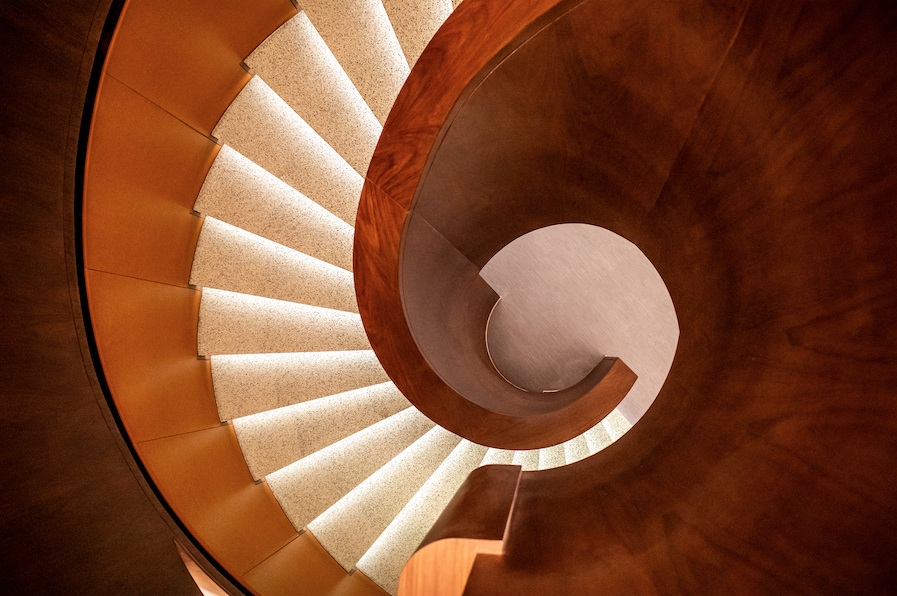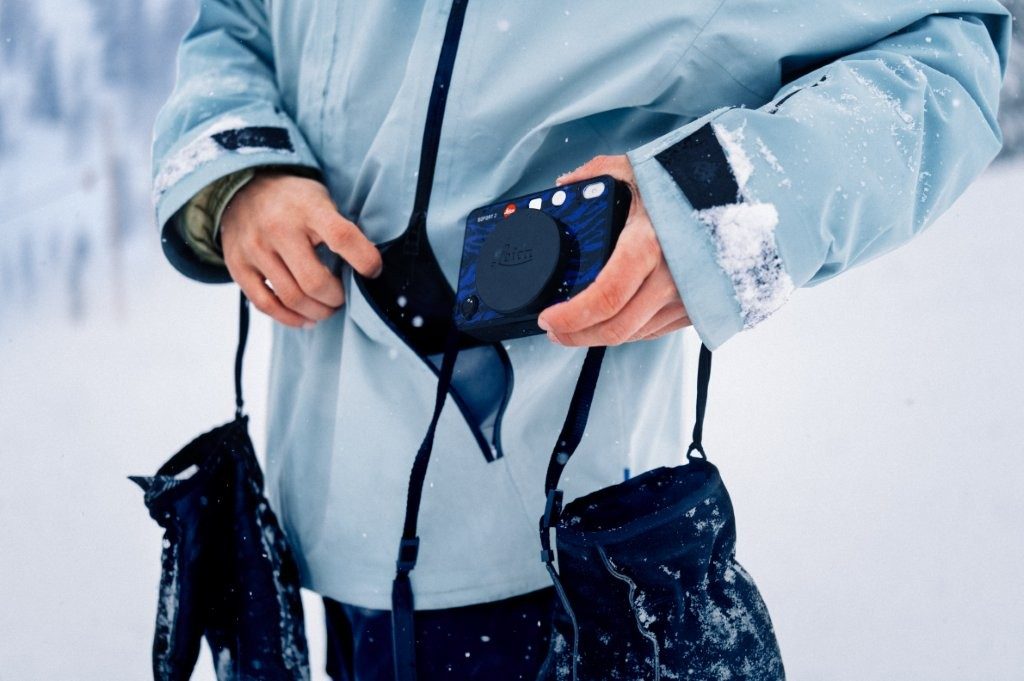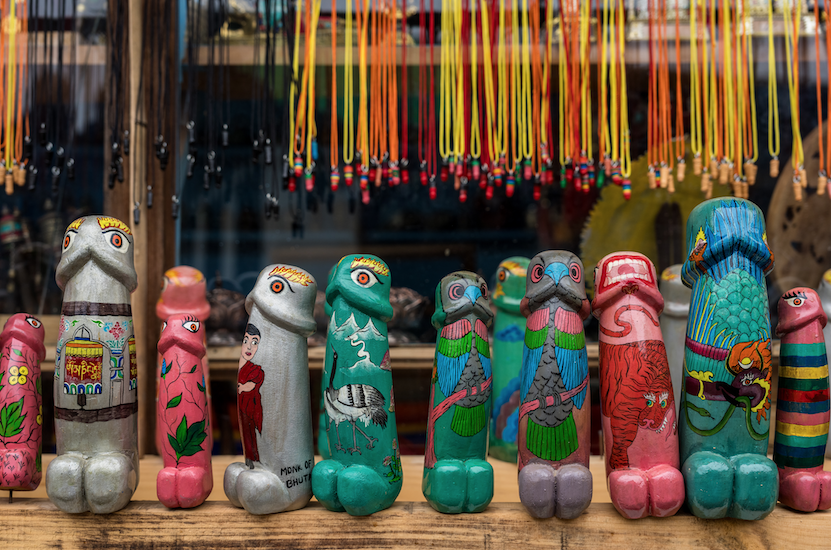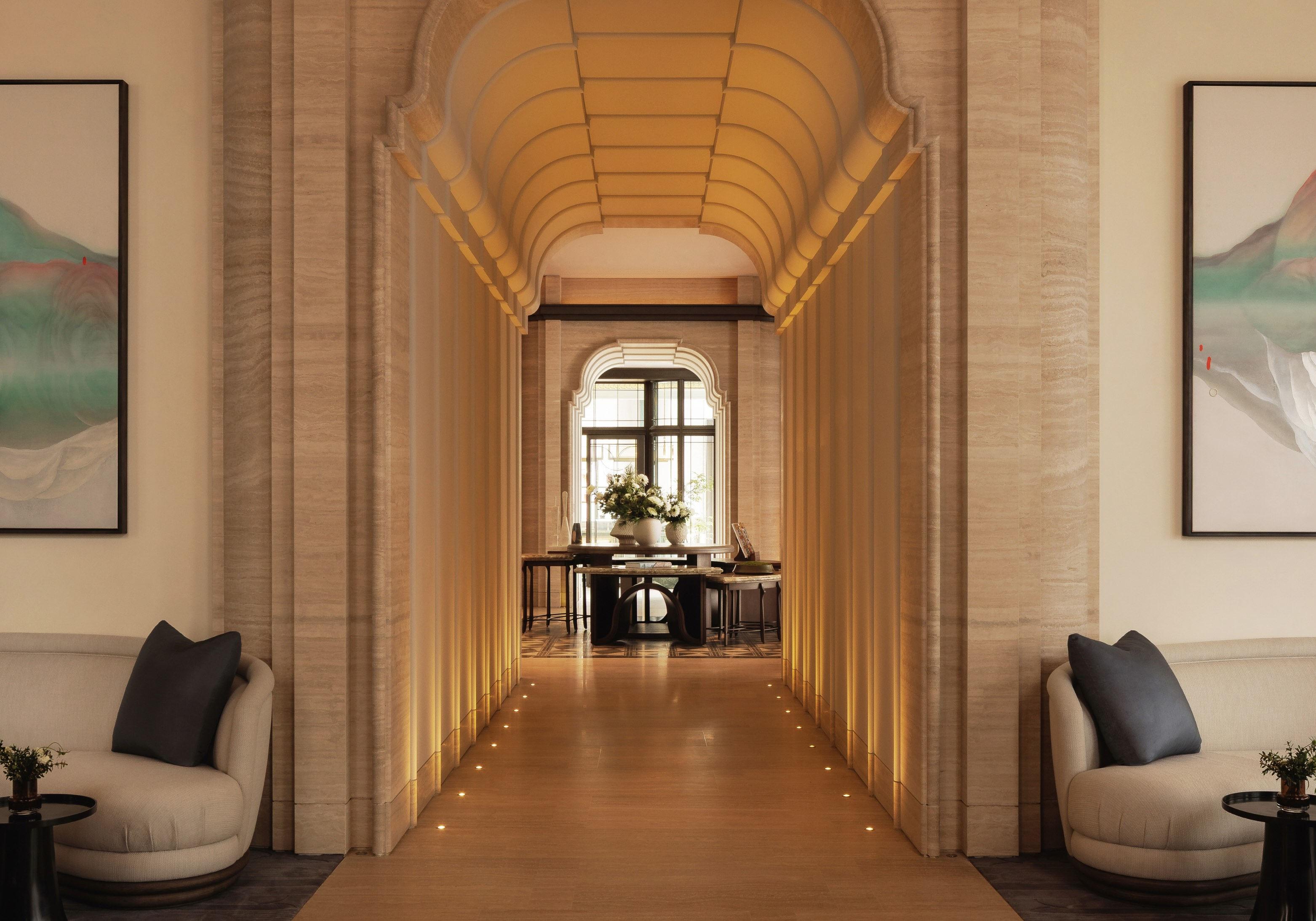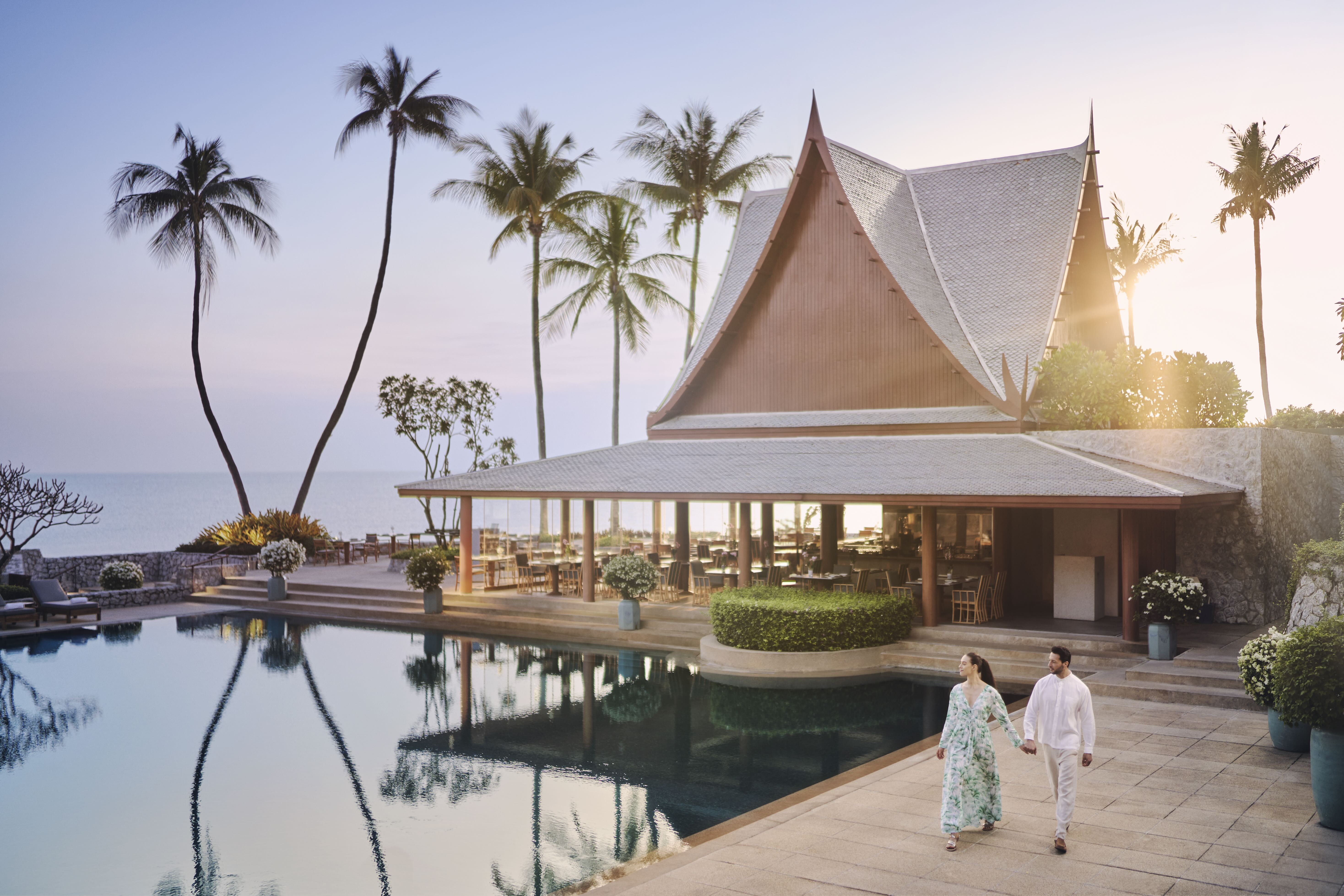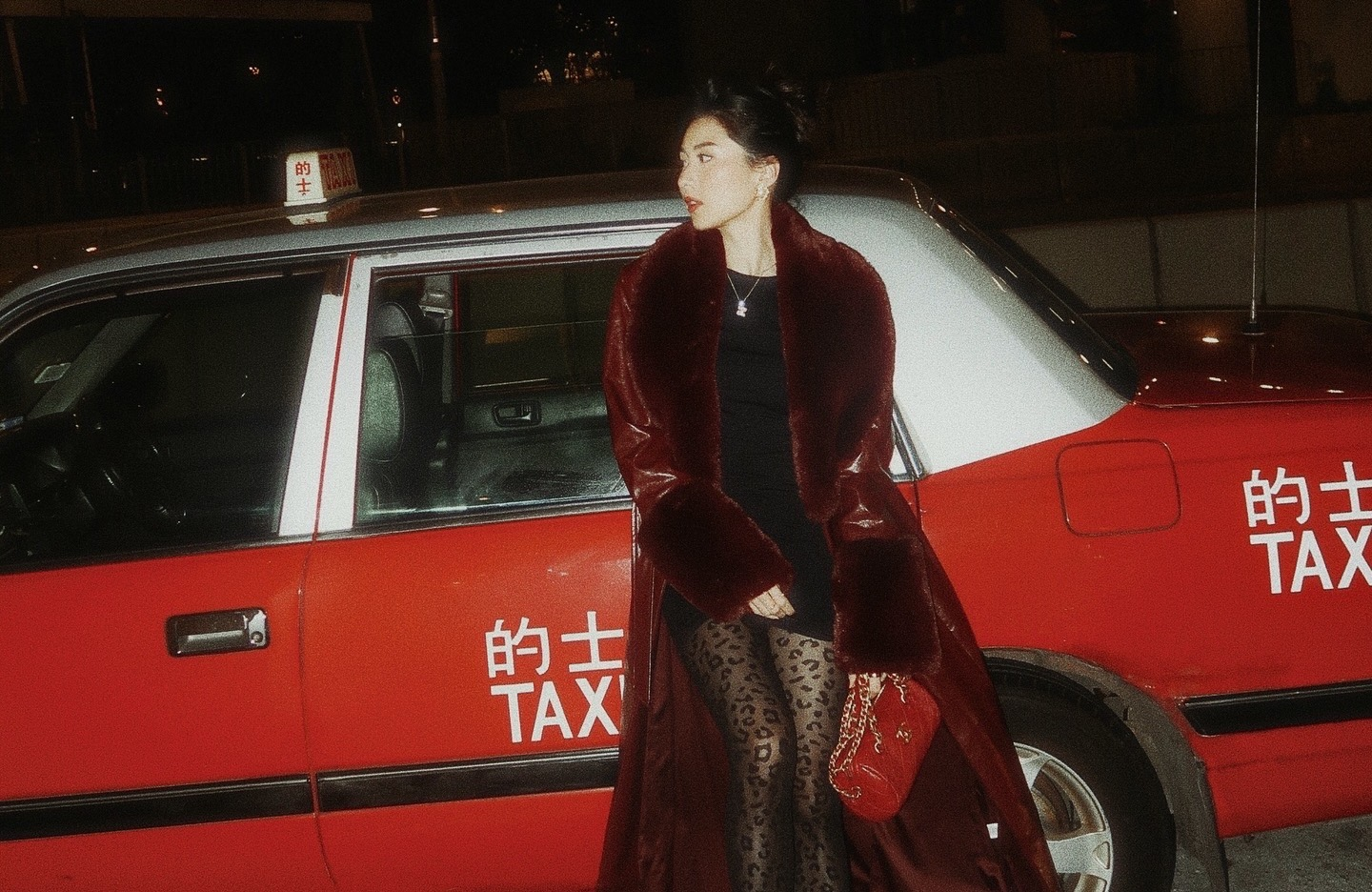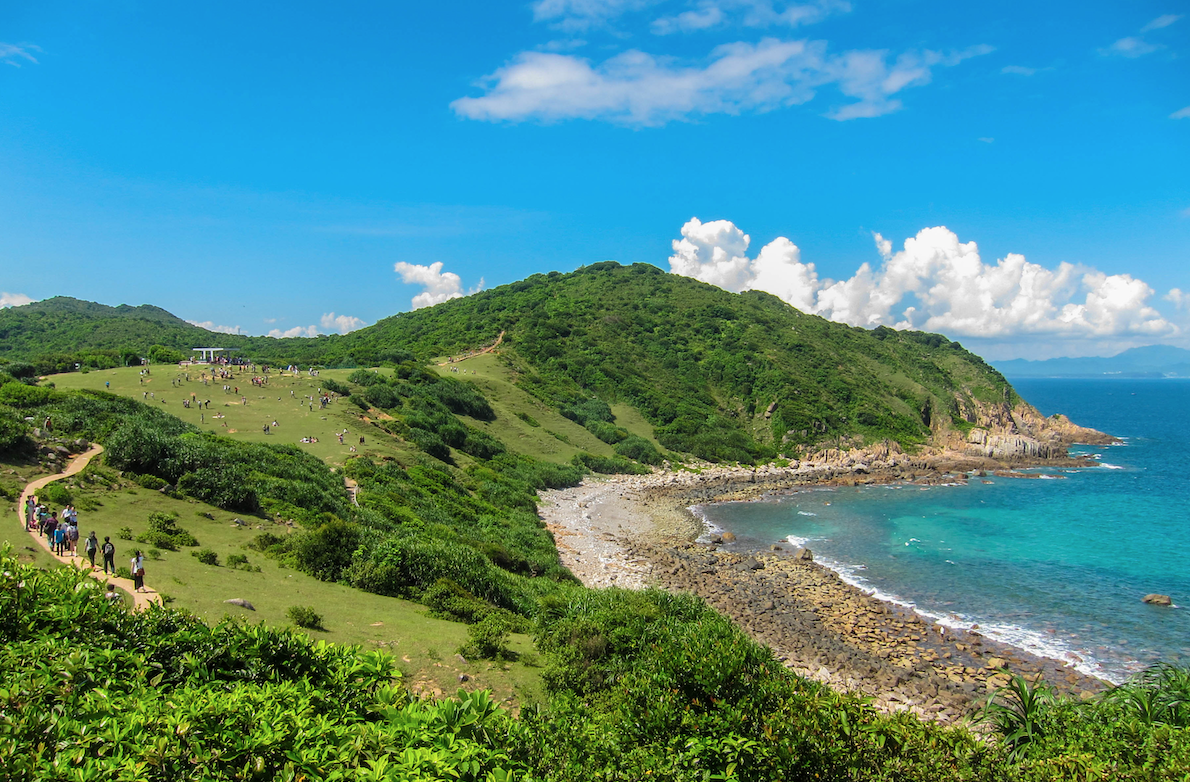Puchang Vineyard: From Turpan Valley to the world
Mar 30, 2021
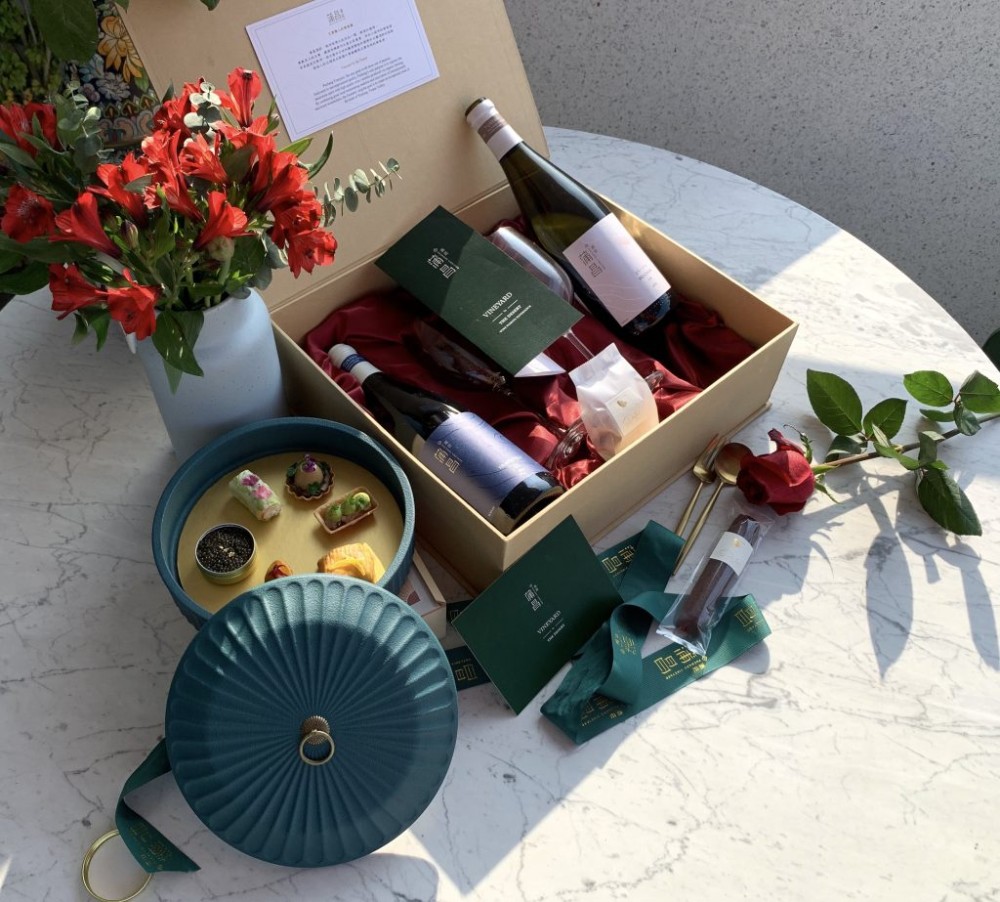
A winery in the middle of the Gobi Desert – insanity or genius? Puchang Vineyard founder Kin Keung Cheung and chief winemaker Loris Tartaglia tell Natasha Gillespie-Wong what it’s like to make wine in one of the world’s harshest climates.
Watering grapevines with melted snow from Tian Shan – also known as the Mountains of Heaven – in an oasis in the middle of the Gobi Desert sounds like something out of a fairy tale. But at Puchang Vineyard it’s reality. Located in Xinjiang’s Turpan Valley, the five-plot, 67-hectare winery shares the same latitude as some of the best winemaking regions in the world. With a combination of traditional viticulture, organic farming and sustainable production, Hong Kong entrepreneur and founder Kin Keung Cheung and chief winemaker Loris Tartaglia are bringing the distinctive taste of Turpan to the world and redefining the world’s perception of Chinese wine.
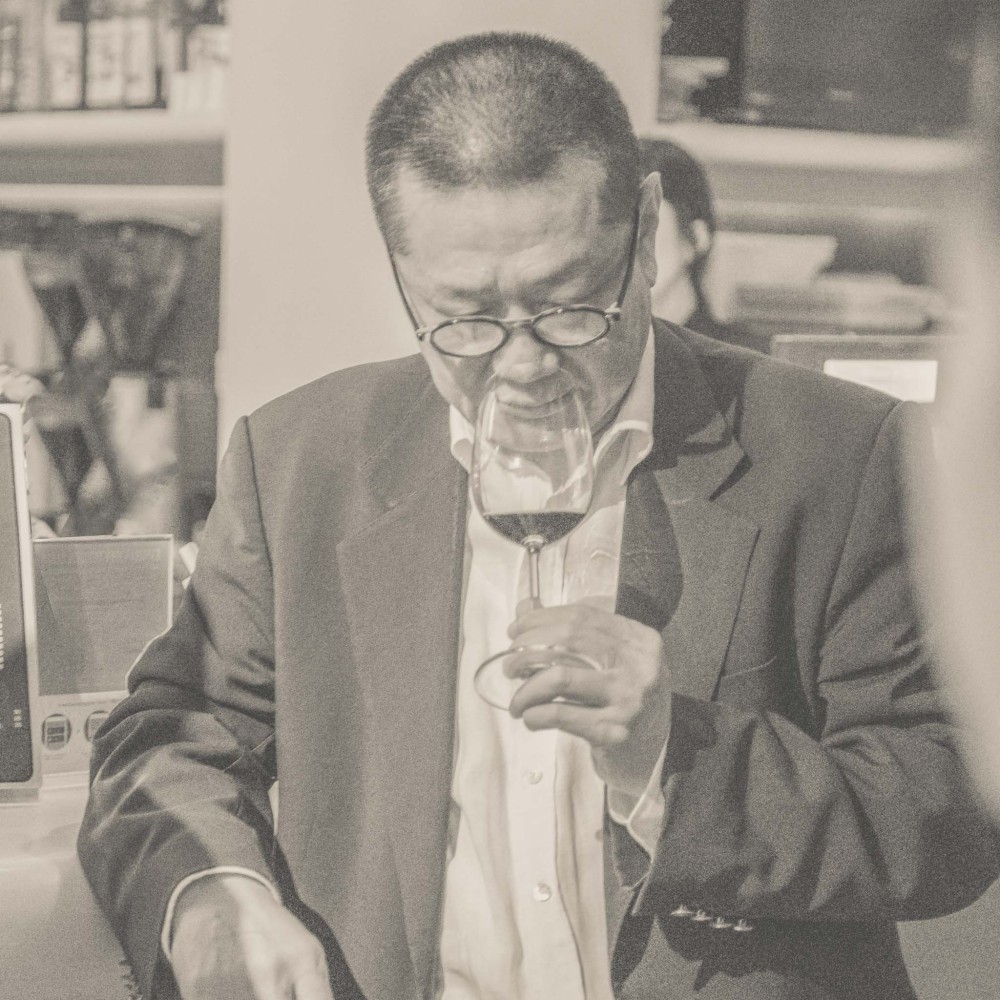
Kin Keung Cheung 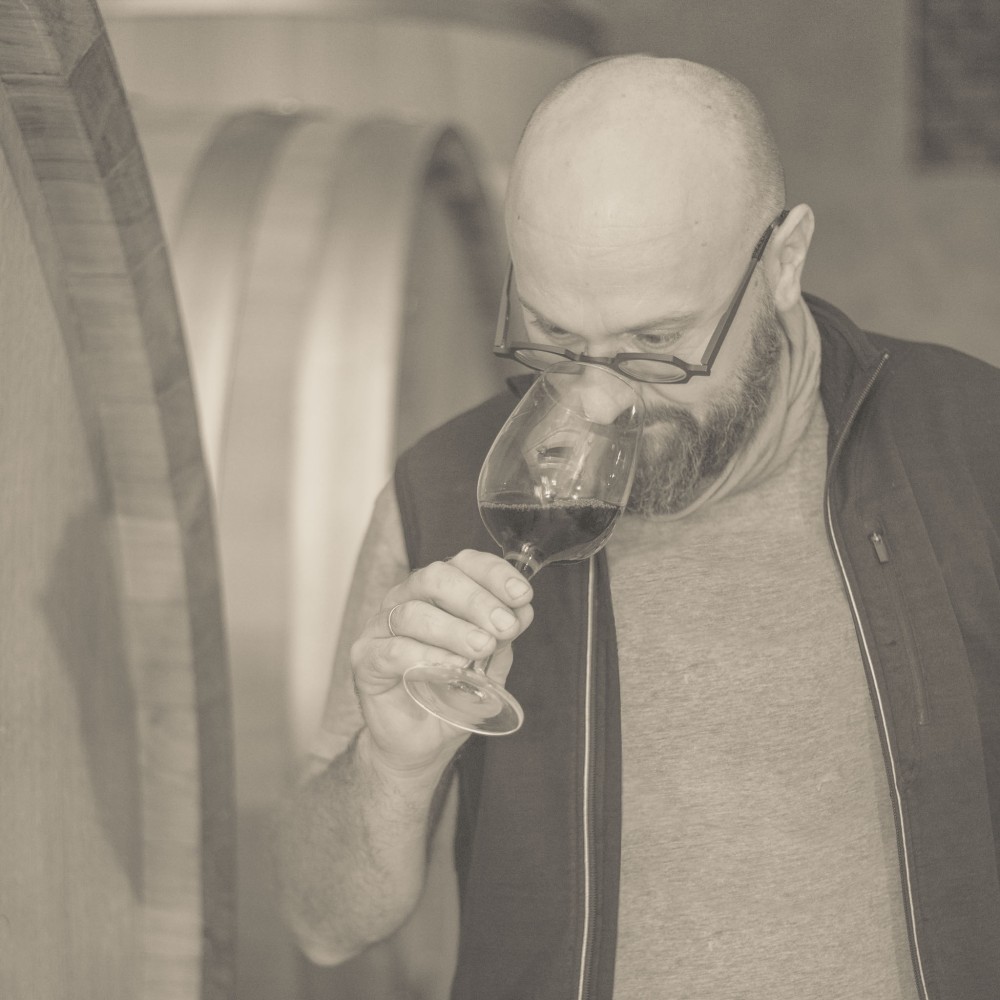
Loris Tartaglia
Why did you choose the Turpan Valley as the place to develop your wine estate?
Kin Keung Cheung: Firstly, Turpan shares the same latitude as Bordeaux, which gives the land plenty of sunshine. Turpan has long been the centre of a fertile oasis with water provided by the Karez canal system. At 154m below sea level, it’s the second-lowest depression in the world and the hottest spot in China. The estate itself has 118 varieties of grapes and was historically located along the Silk Road. As a history buff and entrepreneur, it was an irresistible opportunity for me to produce my very own exotic wines.
Loris Tartaglia: Turpan has a long tradition of grape cultivation, and yet is very new to the production of wine. It’s exciting to be part of the development of a new wine region, to discover new varieties and to produce new profiles with the more classic ones.
What have you learned from the history of viticulture in the region from the local farmers?
Tartaglia: Turpan has a unique climate, with extreme conditions. The pruning of the vines is adapted to provide both protection from the sun and optimal ripeness. The Karez canal system we use for irrigation is a traditional way to harness the water coming from the Tian Shan melted snow and dates back to centuries ago in the Turpan region. The winter temperatures can also get quite low. In order to protect the vines from the cold we follow tradition and bury them by hand like the Turpan grape growers have done for centuries.
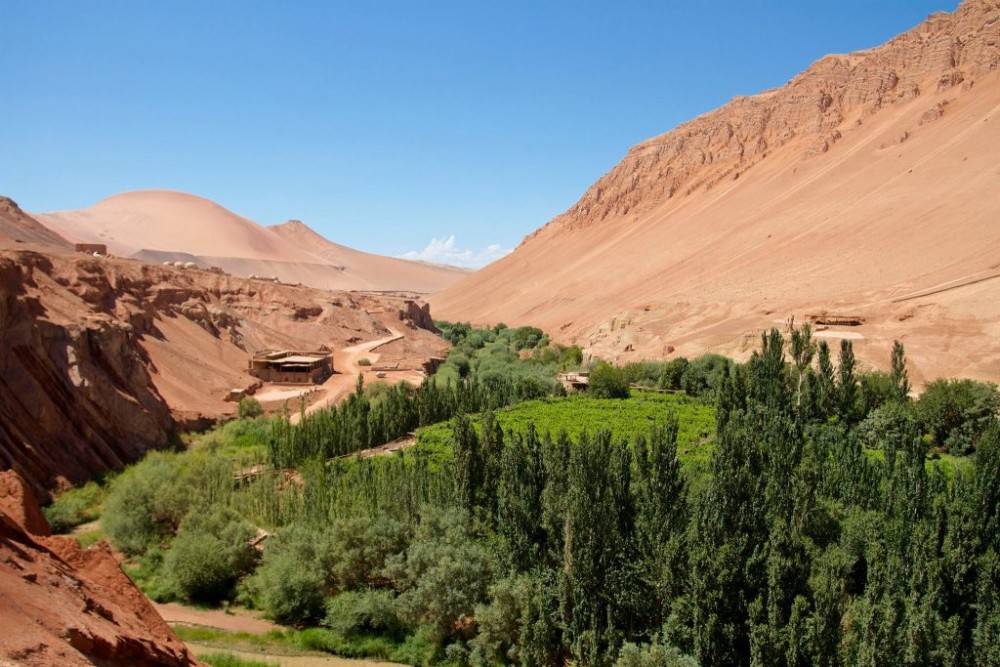
Considering its long history, why do you think wine produced in Turpan has not been recognised internationally?
Cheung: In China, the most consumed spirit is baijiu (white rice wine). Red wine only became popular in China over the last 10 years. This means the wine market only opened up several years ago and it is a very exciting time for Chinese wineries now!
What unique qualities do the climate, terroir and geographical environment in Turpan bring to the wine?
Tartaglia: Our wines reflect the unique flavors of Gobi Desert, which is solar, exotic, rich, fruity and full-bodied. We also have a wide diversity of styles, thanks to our numerous and sometimes little-known varieties like Rkatsiteli, Saperavi or Beichun!
Cheung: As more wine lovers learn about wine, more people are interested in uncommon grape varietals and unique terroirs. Other than the common Cabernet Sauvignon and Pinot Noir, we also have these unique grape varietals.
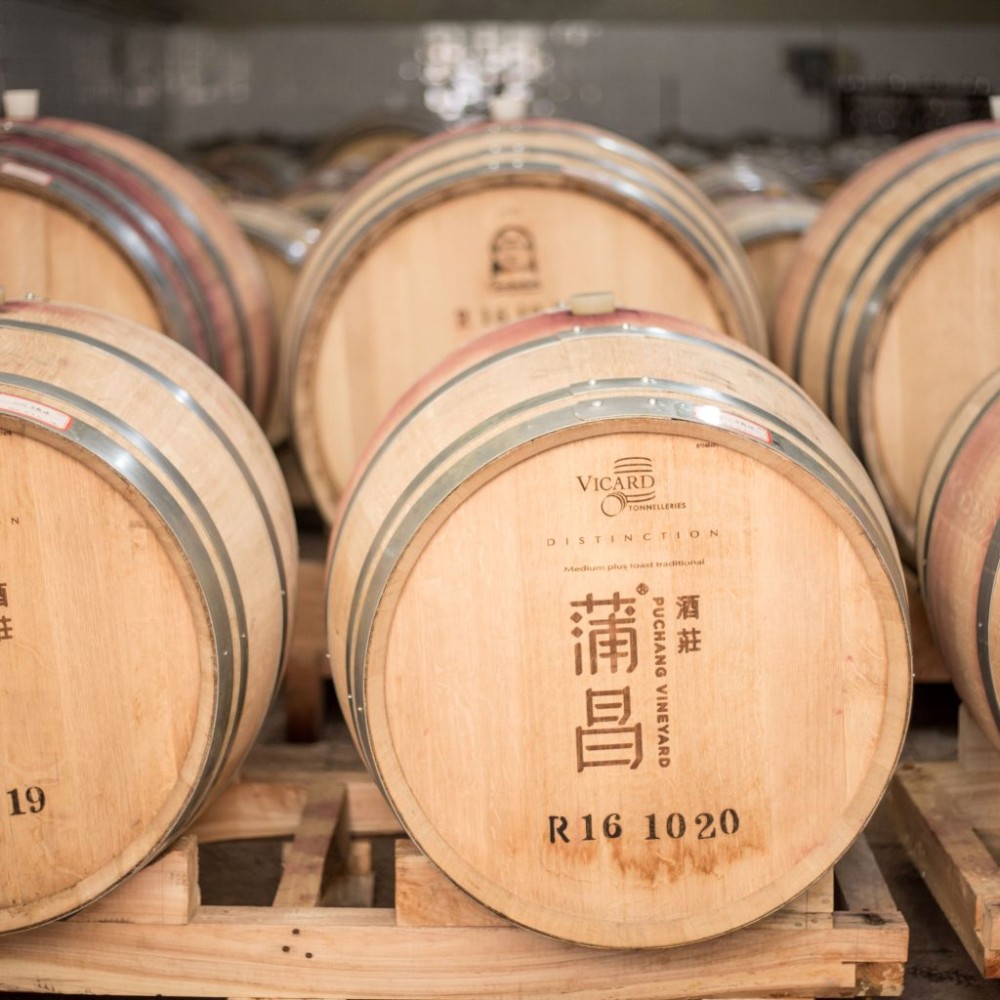
The philosophy of your brand is “Making wine with respect to Mother Nature and passion for greener living”. How do you achieve this?
Cheung: We strictly follow organic farming and winemaking [procedures] to ensure sustainable development of the entire wine region. This land gives us great wine so we also want to give back to the land; we want to make sure our production allows the land to continue to nurture the local ecological system. We work through ecological processes, using only organic, non-chemical substances to farm and make premium quality wines with low levels of sulphites. In 2013, Puchang was accredited by Ecocert, an international inspection and certification institution for organic farming. This shows that the team really strives to achieve the highest standard possible.
Tartaglia: The most remarkable feature about the climate in Turpan is the absence of rain. Since most diseases develop with humidity, any chemical treatment is unnecessary. The total absence of chemical treatment means absolute preservation of the soils and respect of biodiversity both on and around the blocks, where we grow trees to protect vines from the strong winds and provide some shade to the surroundings of the vines. This means Puchang Vineyard is as natural as can be!
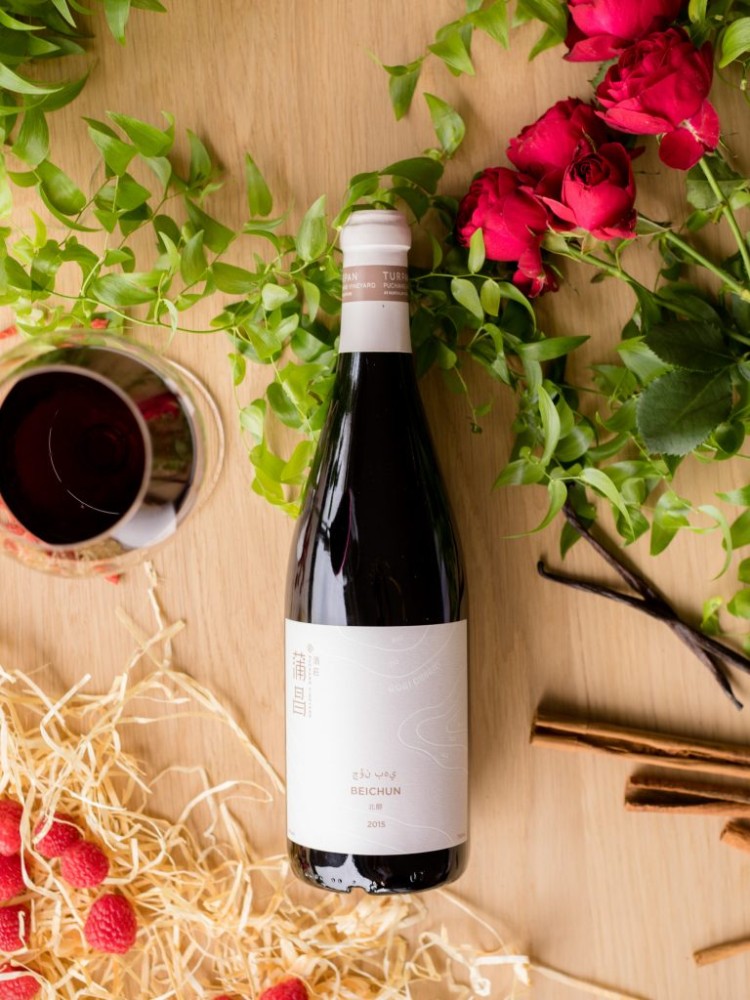
Beichun is a hybrid of wild grapes from Jilin Province, the coldest place in China, and muscat from Turpan, the hottest. What inspired you to bring these two grapes together?
Tartaglia: Beichun was created by a horticulture lab in the 1950s to resist the harsh climate in Xinjiang. This grape has the amazing ability to endure both very hot and very cold temperatures. It’s the only vine we do not bury during the winter when the temperature drops to minus 20°C. But Turpan can get very hot in the summer – sometimes up to 45°C! And Beichun, with its dense foliage, is well equipped for these conditions too, providing shade to its grape.
Temperature at the vineyard has to be combined with other factors such as humidity to understand its impact on the grape. When the climate is hot and dry, the grape will ripen faster, producing more sugar and aromas while losing acidity. The winemaker’s job is then to decide when to pick to obtain the optimal balance.
What are the advantages and disadvantages of using only organic methods and substances?
Cheung: Wine has long been associated with various health benefits when consumed in moderation. I want to make wine that we can enjoy knowing that the grapes are not sprayed with harmful pesticides, fertilisers and herbicides. Organic wines also contain fewer sulphites, a preservative that makes hangovers worse – I’m too old for that!
Tartaglia: The quality of the wine is directly connected to the quality of the grape used to produce it. Wine is alive, fermented by our friends, the yeasts – they are the true winemakers! Having no chemicals on the grape gives a natural balance to the biology of the wine. It’s particularly critical for fermenting with native yeasts, which are naturally found on the grape skins.
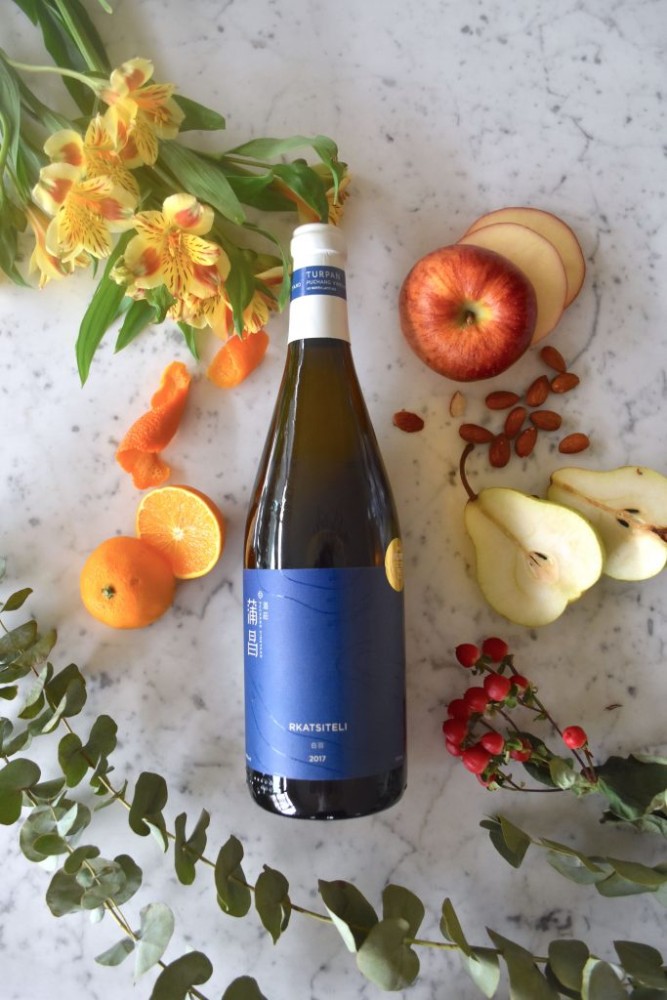
In the Taste of Turpan showcase, there are two bottles of wine, the red Beichun 2015 and the white Rkatsiteli 2017. Why did you choose these to represent the winery?
Cheung: To enlighten! The event is about telling a story in a glass. Both wines are award-winning uncommon wines. Rkatsiteli is one of the oldest grape varietals originating from Georgia. Our version is a more modern, classic white wine that is perfumed, balanced, crisp and elegant. Puchang is the only winery in the world that has made Beichun into wine. It’s a rare varietal dominated by rose and red fruit notes, a truly rare and different wine.
Tartaglia: Though Rkatsiteli is a traditional grape in Georgian culture, ours has a distinct profile, due to the contrasting climates and our winemaking methods. It reveals the possibility of making a white wine of international standard in the region. Beichun is a very rare grape with a unique profile for the curious mind!
See also: Diageo ambassador Ewan Gunn on what makes an exceptional blended Scotch





